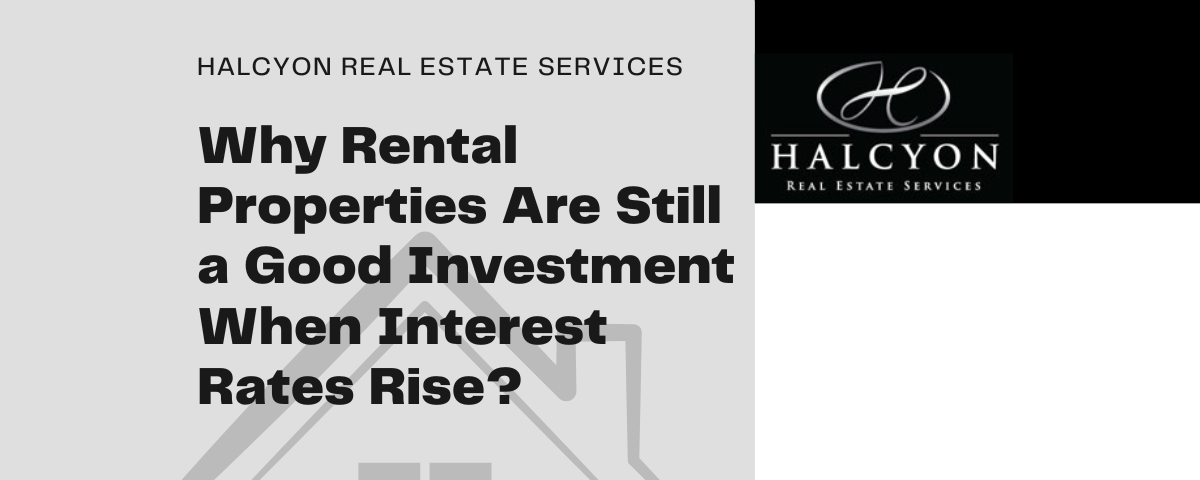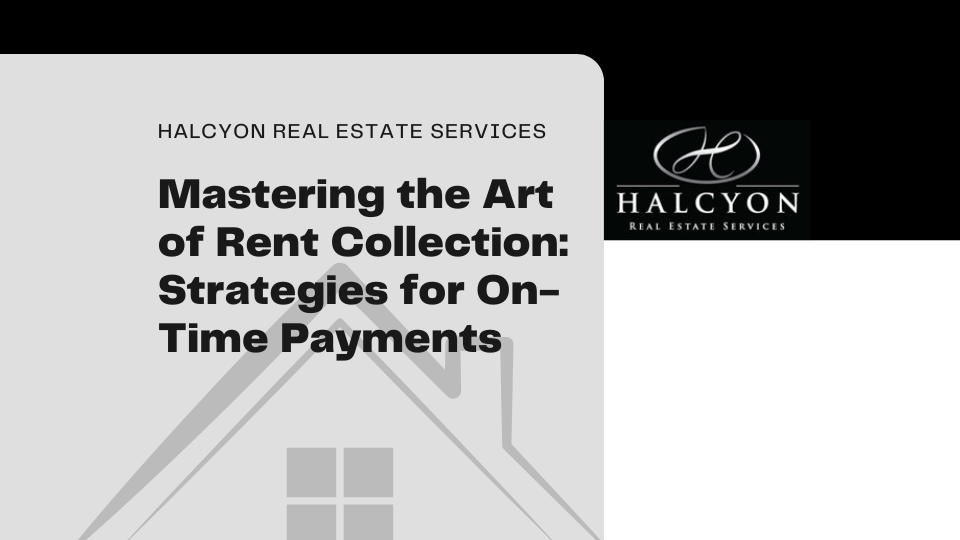Why Rental Properties Are Still a Good Investment When Interest Rates Rise?

Ever wondered how your rental properties fare when interest rates take an upward turn? In an ever-evolving market landscape, the question of whether rental properties remain a sound investment amidst rising interest rates is one that many landlords grapple with.
However, amidst the uncertainties, there’s a compelling case to be made for the resilience and potential profitability of rental properties even in the climbing interest rates.
Let’s look into why rental properties continue to stand strong as a favorable investment choice in changing financial climates.
Understanding Long-Term Investment
In today’s changing economic landscape, rental properties have proven to be a strong long-term investment. Unlike short-lived ventures, rental properties offer stability and resilience, providing landlords with a reliable source of income over extended periods.
Their capacity to weather market fluctuations and adapt to changing economic conditions positions them as enduring assets in any investment portfolio.
Unveiling the Mechanics: How a Rental Property Generates Income
Understanding the five pillars of profitability is essential for maximizing the income potential of your rental properties. By utilizing these mechanisms, you can optimize your returns and build wealth over time.
Cash Flow
Cash flow is the lifeblood of any rental property investment. It represents the income generated after deducting expenses from rental revenue.
Positive cash flow ensures that landlords have a steady stream of income to cover mortgage payments, maintenance costs, and other expenses, while negative cash flow can erode profitability.
Appreciation
Property appreciation refers to the increase in the value of the rental property over time. Real estate often tends to appreciate over the long term due to factors such as inflation, market demand, and property improvements.
This appreciation helps the value of your property grow over time and also ensures a better and steady income in the future.
Tax Benefits
Rental property ownership offers various tax advantages, including deductions for mortgage interest, property taxes, insurance, maintenance expenses, and depreciation. These tax benefits help you reduce your taxable income and increase your net profit from rental operations.
Equity Built via Mortgage Paydown
As tenants make monthly rent payments, a portion of the income goes toward paying down the mortgage principal. Over time, this process builds equity in the property, which is the difference between the property’s market value and the remaining mortgage balance.
Hedging Against Inflation
Rental properties serve as a hedge against inflation by providing a tangible asset whose value tends to increase over time. As inflation reduces the purchasing power of currency, real estate values, preserving the landlord’s wealth and purchasing power in the long run.
Maximizing Returns: Strategies for Rent Increases
- Market Analysis: Understanding supply and demand dynamics, vacancy rates, and economic trends allows you to determine appropriate rent adjustments without alienating tenants or undercutting profitability.
- Lease Renewals: Incorporating rent escalation clauses into lease agreements enables landlords to establish predefined terms for annual rent increases. This approach provides clarity and transparency for tenants while allowing you to adjust rents in line with inflation and market conditions.
- Fair and Competitive Pricing: Striking a balance between maximizing rental income and maintaining competitive pricing relative to similar properties in the market is essential.
Strategic Tactics: Forcing Profit from Rental Properties
Landlords can implement various tactics to force profit and enhance the financial performance of their rental properties:
- Tenant Screening and Selection: Thorough tenant screening processes can help you identify reliable tenants who are more likely to fulfill lease obligations and maintain the property responsibly.
- Value-Adding Investments: Strategic investments in property upgrades and renovations can significantly enhance rental property value and justify your higher rental rates.
- Diversification and Expansion: Diversifying the rental property portfolio by investing in multiple properties or exploring new markets spreads risk and enhances long-term profitability.
Optimization Strategies: Increasing Profits and Lowering Expenses
By focusing on property enhancement, mortgage management, and strategic location selection, you can increase profits while simultaneously lowering expenses associated with property ownership.
Property Enhancement
Enhancing the physical appeal and functionality of rental properties can significantly increase their desirability and rental value.
You can invest in property upgrades such as modernized kitchens, updated bathrooms, energy-efficient appliances, and aesthetic improvements to attract higher-paying tenants.
Mortgage Management
Refinancing existing mortgages at favorable interest rates or terms can reduce monthly mortgage payments and improve cash flow. You should regularly monitor interest rate trends and explore refinancing options to capitalize on potential cost savings.
Location Matters
Selecting rental properties in prime locations with high demand and desirable amenities can command premium rental rates and minimize vacancy risk. You should conduct thorough market research to identify areas with strong rental demand, low vacancy rates, and potential for long-term appreciation.
Upholding Value: Navigating Rental Properties Against Inflation
Navigating rental properties against inflation requires a comprehensive approach that incorporates rent adjustments, property appreciation, strategic debt management, and diversification strategies.
Understanding Inflation’s Impact
Inflation reduces the purchasing power of currency over time, making it essential for you to adopt strategies that safeguard the value of your rental properties.
Real estate investments traditionally serve as effective hedges against inflation, as property values and rental incomes tend to rise in tandem with inflationary pressures.
Rent Adjustments
Implementing periodic rent adjustments allows you to maintain rental income in line with inflationary trends. By incorporating rent escalation clauses into lease agreements or conducting market analyses to determine fair rental rates, you can ensure that rental income keeps pace with rising living costs and inflation.
Leveraging Debt
Inflation can also diminish the real value of debt, making it advantageous for you to leverage mortgage financing. As inflation reduces the value of borrowed funds, you can effectively repay loans with less valuable currency over time, reducing the real cost of debt and enhancing overall investment returns.
Keys To Remember
In conclusion, despite the challenges posed by rising interest rates, rental properties remain resilient and lucrative investments. Their ability to generate income through various channels like cash flow, appreciation, and tax benefits makes them attractive assets in any market condition.
To optimize returns and alleviate the burdens of property management, you should consider hiring professional property management companies like Halcyon Real Estate Services. Our team has the expertise to manage your rental properties, helping you earn a stable rental income.





